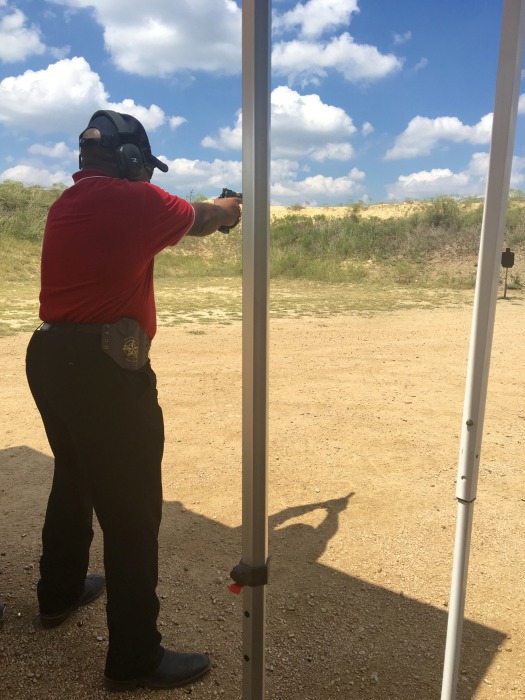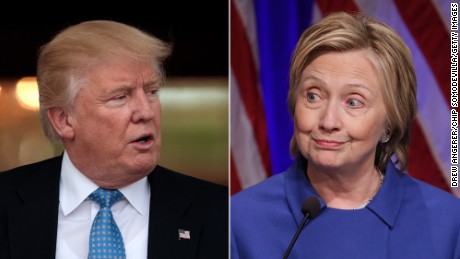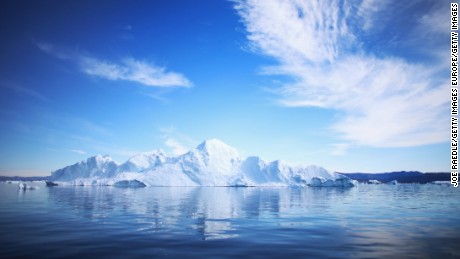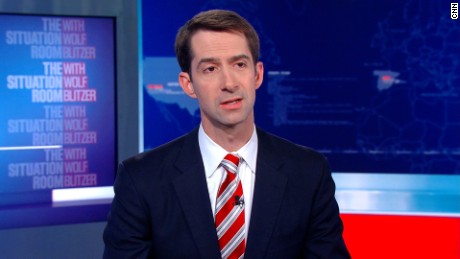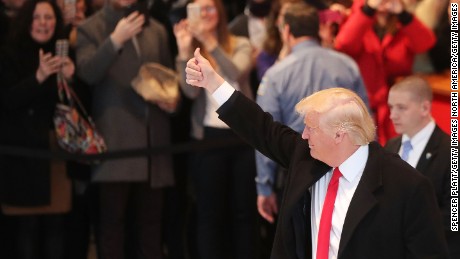CNN)Winning the presidency didn't change Donald Trump -- and it's increasingly clear that actually being president won't change him either.
Dramas roiling the president-elect's transition process in recent days show him to be the same, mercurial, sometimes thin-skinned, gregarious, truth-challenged, media taunting and unpredictable figure who won a stunning election upset.
From the outside, the intrigue and internal feuding between competing power factions in the Trump orbit, his explosive tweeting and wrenching changes of political positions suggest a chaotic approach to forming a government. But there's a simple truth that links all the controversies that have gathered around the President-elect in the three weeks since he won the election: Trump is determined to be Trump.
The latest sign that Trump has no intention of changing, despite his new responsibilities, emerged on Sunday, when he fired off a tweet alleging electoral fraud and ignited a media storm.
"In addition to winning the Electoral College in a landslide, I won the popular vote if you deduct the millions of people who voted illegally," the President-elect fumed in a tweet -- based on a falsehood -- that underscored his enduring addiction to conspiracy theories.
Trump turned to social media again late Monday when he retweeted supporters who blasted CNN's Jeff Zeleny for reporting that debunked the President-elect's claims of voter fraud as baseless.
Source: Trump 'irritated' by Conway attacks on Romney
Washington establishment types, analysts and reporters long waited in vain for Trump's pivot to a more conventional style, looking for change when he became the GOP's frontrunner, its nominee and president-elect. But apart from a few periods of restraint, he has appeared most comfortable sticking to the bulldozing style that has been his trademark as a real estate mogul, a reality star and a political candidate.
Not a campaign
But the presidency is not a campaign. So Trump's behavior during his transition so far is beginning to raise questions about how he will adapt to the constraints of the office he is about to inherit.
They include unknowns about how his impulsive, gut-driven style of leadership and considerable ego will fit in a job dripping with centuries of custom and history. Americans will have to judge whether outbursts on Twitter or false claims, such as Sunday's on the popular vote, are appropriate for someone who will soon be a democratic head of state and the commander-in-chief.
Nightcap: Recount begins in Wisconsin; two more could come soon | Sign up
Then there is the question of whether Trump's tongue will get him into trouble in a job in which an intemperate word by a president can cause an immediate foreign policy crisis. In short, will Trump change the presidency, or will the presidency change him?
"While I think that the President shapes the office to some extent, I also think the office shapes the President," said John Burke, a University of Vermont professor who has written several books on presidential transitions. "He is going to be more constrained than he has been as a candidate. The big question is how constrained is he going to be? That we don't know."
Trump falsely claims 'millions of people who voted illegally' cost him popular vote
Those hoping Trump will become a more responsible, conventional figure when he is actually in the Oval Office include President Barack Obama himself, whose most recent encounter with his successor came over the phone Saturday.
"Campaigning is different from governing. I think he recognizes that," Obama said in a pre-Thanksgiving press conference. "I think what will happen with the President-elect is there are going to be certain elements of his temperament that will not serve him well unless he recognizes them and corrects them."
Trump says he is ready to face the awesome responsibilities of the presidency, but has given few signs he will moderate his firebrand persona when he reaches the White House.
"I feel comfortable. I feel comfortable. I am awed by the job, as anybody would be," Trump told The New York Times editorial board last week.
Still, no one can be fully prepared for the sudden shock of responsibility that will hit them when they became president — and Trump, as a political neophyte, faces a steeper learning curve than most.
Attitudes and demeanor
So it's possible that Trump's attitudes and demeanor in the transition period may not be a foolproof guide to his conduct while president — however much he is determined not to change.
"He will be shaped by the duties, he will be shaped by the speed and unpredictability by the speed at which everything happens," said Professor Karen Hult, a presidential scholar and transition expert at Virginia Tech University. "At least since Richard Nixon, presidents have found that there is nothing that prepares you to be president until you get there."
Sunday's outburst was not the only sign that the unorthodox approach that Trump brought to the campaign is not being tempered as his presidency nears.
Sanders calls for assessment of Electoral College
He went on a tirade against the cast of "Hamilton" for, in his eyes, insulting his vice presidential nominee Mike Pence. He's tolerated leaks and public sparring among aides on cable television about his possible choice of Mitt Romney, an ultimate establishment figure, as secretary of state. His choice of Stephen Bannon for a top White House post stirred disbelief among critics worried about links to the white nationalist movement.
In a stunning move on Sunday, Trump's campaign manager, Kellyanne Conway, speaking on CNN's "State of the Union" slammed her boss's flirtation with Romney for the State Department as an insult to his political base.
Trump has seemingly changed policy on a dime, apparently rowing back from support for waterboarding and watering down his plan for a wall all the way across the Mexican border, leading to confusion as to exactly what he plans to do as President.
Jaw droppers
Trump's own carefully restricted media appearances have also contained jaw droppers.
For instance, he brazenly suggested that even though he is willing to set up a firewall between his vast business empire and his White House to ward off possible conflict of interest concerns, he may be under no obligation to do so.
"The law is totally on my side, meaning, the President can't have a conflict of interest," Trump told the Times, alarming critics who fear he has authoritarian tendencies and will breach ethical norms.
In another unprecedented move, Trump invited his daughter Ivanka — who he has tapped to run his businesses when President — into a meeting with Japanese Prime Minister Shinzo Abe.
The President-elect is also running his search for top talent like a reality show.
He relishes being the center of attention as he herds potential cabinet picks past a gallery of cameras at Trump Tower or his New Jersey golf resort. Some potential appointees, like Romney, former New York mayor Rudy Giuliani and others are left hanging in a media frenzy with no clear word on their fate.
Far from quieting the storm, Trump is whipping it up.
Who could be in Trump's Cabinet?
"Just met with General Petraeus -- was very impressed!" Trump tweeted on Monday, thickening the intrigue over the jockeying for position over the post of secretary of state and other cabinet positions.
Soon after he met Petraeus, Trump sources said that the President-elect would sit down with Romney for dinner on Tuesday night — stirring the pot of speculation a little more.
The period between now and the Christmas holiday will be crucial to Trump's hopes of quickly assembling a government ready to spring into action on day one of his presidency. With that in mind, there are some concerns that the drama and discord surrounding the transition might be undermining Trump's task in uniting nation after a campaign in which he tore at racial and societal divides.
"Transitions are important for a number of reasons," said Burke. "One of the reasons is to reintroduce the person not as a political candidate but as a president-elect — a recasting of how both the public and Congress perceive this president."
"And," Burke said, "I don't think we are seeing a lot of change."
CNN's Dana Bash and Gloria Borger contributed to this story
